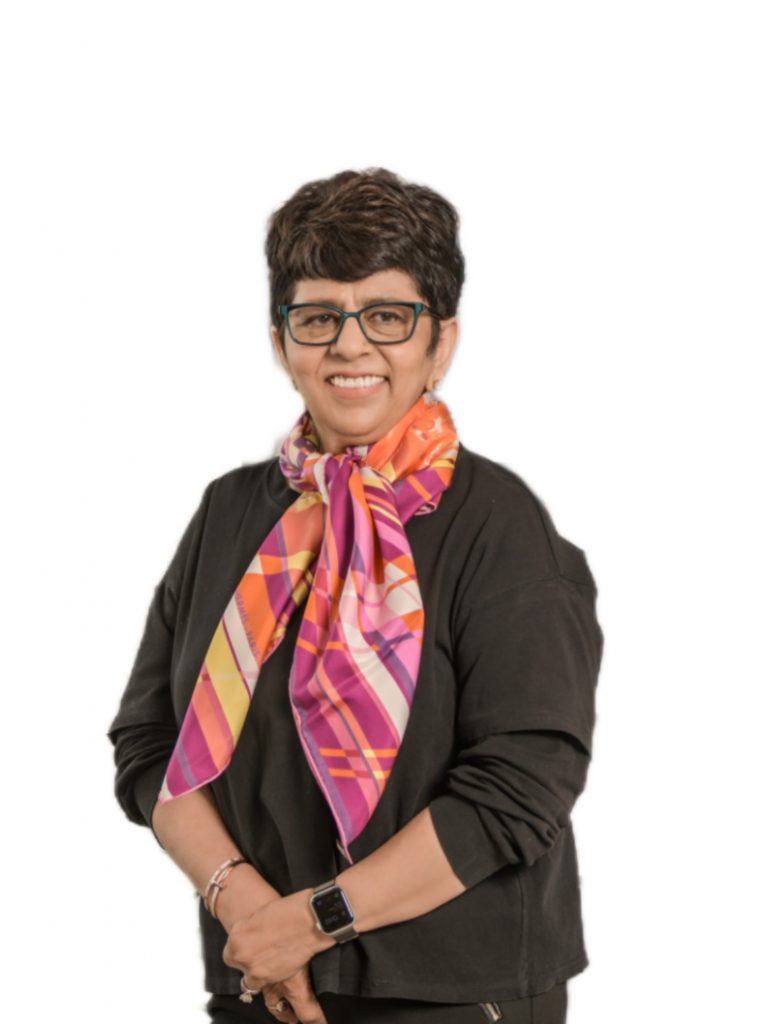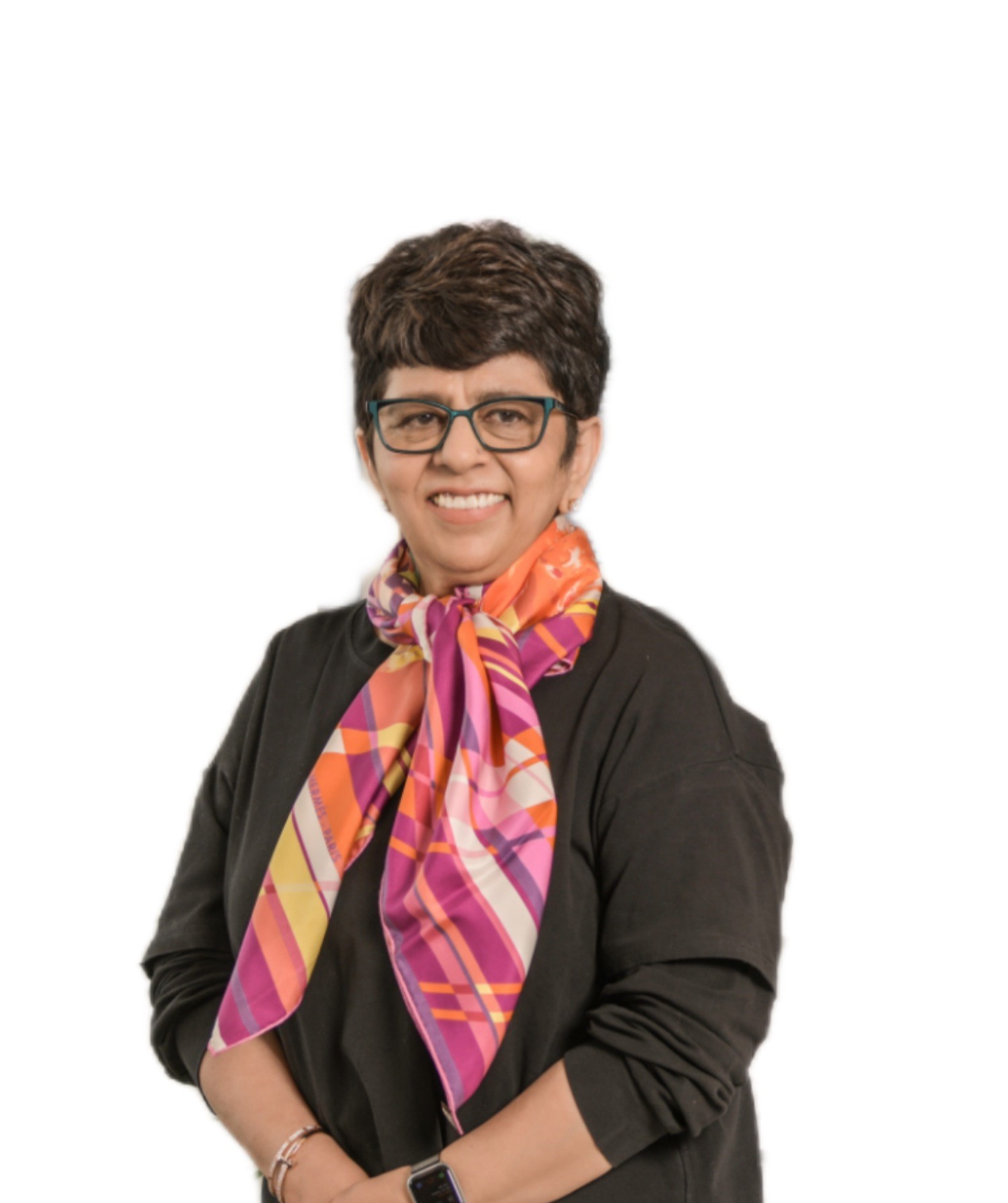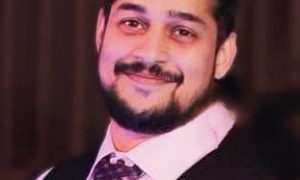This interview has been published by Namrata Singh and The SuperLawyer Team

Could you share a bit about your journey from starting as a litigator to becoming a business lawyer? How has your overseas experience shaped your approach as a business lawyer, and what valuable insights have you gained from working across diverse legal landscapes?
When I joined the legal profession, it was the norm to work with a senior practitioner in the courts. My first job was with Mr. Pran Nath Talwar, a senior advocate at the Delhi High Court who was the Standing Counsel for DDA. I worked with him for two years, from July 1986 to July 1988. Mr. Talwar was a stellar lawyer with a razor-sharp mind. Every day he regaled me with stories about the law, about life and always insisted we read the jurisprudence deeply and fully and learn how to apply it. He underscored the devil is always in the detail and to ensure we know full facts before starting to think of the merits or demerits of a case. I was fortunate to get solid grounding with him.
Subsequently, I left for the US to study further and then had opportunities to work there. My work with the large US law firms exposed me to and gave me insights on the western large firm model functioning – a deeper and different kind of professional ethics, to structured processes and systems, to development of a profound sense of responsibility for the advice we give to clients on the basis of which corporations were going to take decisions, to concepts of negligence if our advice was incomplete or inaccurate. After I moved to Paris, initially for a year, in a pre-Google era, I confronted different challenges including juggling work in a country where the native language was not English and I did not speak a word of French. I had no option but to take up the challenge and do what I had to. I was thrown into the deep end of the pool and simply had to figure out how to swim if I did not want to drown. I did not get anything easy, and, in hindsight, I am glad it was that way. Eventually, my one year in Paris became five!
Since my formative professional years were spent overseas, my work experience in both the US and in Europe shaped me enormously and provided insights on how to work which now, over decades, are part of my DNA! My clients reinforced that transparency is key when advising and it is best to be direct, without providing circuitous or ambiguous counsel. Eventually, we must remember they act on our recommendations, relying on our expertise. Plus, there is always a human impact as eventually people implement. So, it is crucial to understand the ramifications of what we say, when we say, and how we say. The work environment coupled with the commitment and diligence towards the tiniest of matters made me realize that regardless of the country, some key fundamentals are global: work hard truly, honestly with the key objective of securing the best result for your client and it will not evade you. All my lessons, professional learnings and value systems garnered from my clients, peers and seniors from around the globe always pointed to one thing only – work hard and the results will come. I suppose it is the age-old wisdom from the Bhagavad Gita. I firmly subscribe to the view that there are no shortcuts to success. Let your work speak for you and do not look for excuses.
Congratulations on being named “Woman Lawyer of the Year – India & Middle East” and the recipient of the “Mayre Rasmussen Award” for promoting gender equality. How do these accolades impact your commitment to gender sensitization, women empowerment and equality within the legal profession?
Thank you very much. Of course, I am very grateful, but the accolades came much later. Legal awards are a relatively recent development, while I have been personally, deeply committed to the advancement and nurturing of women lawyers in India since I returned to set up the practice. As a first-generation woman lawyer, setting my own firm in the late 90s was a huge challenge in every aspect, be it law firm management, execution of work, finding and training teams. Slowly, but surely, I wanted to try to make a difference and help in gender sensitization, women empowerment and equality. The legal profession is changing so rapidly everywhere, Indian women need to be equipped to handle the change and how the future is likely to impact their practice, be it of solo practitioners in courts or within law firms or in-house positions. While the education system has undergone a change, and the information highway is at everyone’s fingertips, yet most prospective lawyers are unprepared for life with the law. This requires more practical courses and skillful use of interns. All of us who are experienced at the Bar need to contribute to bring about that transformation. There is a dire need to focus on professional development, which must be matched by a desire to grow as well by women protagonists.
I think it is essential to focus on the reasons why organizations should create sustainability for women in the legal profession. There should be strategies in place for nurturing our own careers and those of the women following us. I have looked at this issue often, both in India and overseas. It is essential to address the issues from a positive perspective and focus on what women lawyers can and should do to participate in their own success and the success of those who follow them. Despite a lot of progress in the law firm world, we still have “miles to go.” I could articulate more, but I think these are enough for the moment. After over three and half decades in the law, I feel the legal world needs to be more open to change as we come together to share experiences and aid in finding solutions at a local, national and even transborder level.
You’ve authored books and contributed to various publications. How does thought leadership play a role in shaping discussions on legal issues, and what motivated you to share your insights through books?
So, for me, as a first gen lawyer in an era where technology had not really evolved, I had to devise ways and means to showcase my capabilities while building a practice. Writing came naturally to me. Plus, while navigating through the labyrinth of varied laws, regulations, guidelines, I would often be flummoxed at the lack of clarity, even amongst those who implemented those laws. The challenge was always to find answers in simple words. As a result, I thought writing and publishing would be a tool to demonstrate subject matter knowledge plus say it in a manner which would be easy for the reader to understand. I still feel the same.
As a Board member of the International Technology Law Association, how do you see the intersection of technology and law evolving, and what legal challenges and opportunities do you anticipate in this space?
I firmly believe whether we like it or not, rapid developments in technology have changed and are continuing to change how people consume, interact, play and work. Like it or not, AI, Big Data, blockchain, cybersecurity, Fintech, IoT, privacy are here to stay and an integral part of daily lives.
While government policies will influence the direction of technological developments, laws and regulations will undoubtedly need to match and address the new reality. Some people fear developments in the foregoing areas will somehow replace human interactions and, eventually, make us shed our human persona. Others believe these innovations will benefit humanity and help solve many problems of today and potentially of the future. As companies navigate through these changes and await effective enforcement of new legislation, one key challenge is how to gear up for the future and the need to formulate internal rules that comply with strictest global standards in place in other parts of the world or wait to match with local requirements. Legislating and regulating developing technologies is complex, and it becomes way more complex when crossing borders. A balance between global and local rules with some degree of self-regulation will be the need of the hour. Another problem is legislation can take far too long. Look what happened to the Digital Personal Data Protection Act and the number of years and iterations it has taken to pass this law. More than 4.5 months after the DPDP Act was passed, we still await the rules. In the tech world, this feels like eternity. Finally, I want to touch on cybercrime and data breaches which have grown exponentially even when compared with the start of the pandemic. A systemic threat of cybersecurity risks is the talk of most boardrooms. But while awareness is growing many directors simply are unsure if they have the information and tools to effectively handle today’s dangers. The massive digital transformation requires robust cybersecurity and privacy laws. The Indian government must put in place far more effective mechanisms to regulate cybersecurity and cybercrime effectively.
Can you share a particularly challenging or memorable deal you’ve worked on? How did you navigate complexities to ensure a successful outcome?
There are many that come to mind, but I will talk about one. I was in Europe for business and had to travel to the US for client meetings. Meanwhile, the Iraq war started which led to companies imposing travel embargoes. I had a tricky transaction that was to close later that week in Delhi. The business and legal team of the client wanted me to travel to India but I had commitments. I managed to convince them to let me stick to my travel schedule, and committed that I would be available to work with my team and the other side according to Indian time that week to ensure closing occurs timely. They agreed. As I was about to board the plane for New York, I got a call from my colleague in Delhi who said there was a problem, which was really an issue of the counterparty. They realized and announced at the last minute, but the effect was the deal could be in jeopardy. We needed to inform the client, and I had to board my transatlantic flight. Oh, and the colleague was to wrap up work on this file and then leave for her wedding, which was 2 weeks later. I felt the flight from London to New York was crawling and just felt helpless due to lack of knowledge. Eventually, I succumbed and asked for a satellite phone, rang my office in Delhi and got all the facts. I knew the client would be unhappy to hear of the developments. Upon landing in NY, I connected with the business and legal people at the client where one was ready to call off the whole thing, while the other wanted to proceed.
The problem was that we needed regulatory intervention, and it is always tough to predict the duration a government agency may take. So, there were several moving pieces, and we had no idea how long the closing could take. I told the client if they wanted to proceed, I would find a solution. I canceled my meetings in the US for the next few days, went to a travel agent and bought a ticket to fly to India. I must have been in the US for 5 hours from landing to heading again to the airport. I returned to Delhi as fast as I could, went directly to the office and stayed there for a week. We delayed the closing by a few days, drafted additional contracts to address the new developments which were negotiated each night between 10 PM to 2 AM and, finally, managed to get to the finishing line a week after the original scheduled date. It was tough both physically and mentally as I did not sleep for 3 or 4 days at all but worked non-stop. The satisfaction of a successful outcome with all sides happy was the adrenalin rush that kept us all going!
Juggling a dynamic legal career and contributing to various committees and associations can be challenging. How do you maintain balance in your professional and personal life? Any hobbies or activities that you turn to for relaxation?
Balance does not come easy for anyone, and it needs both method and time and for long-term gains, it is important to cultivate resilience. I meditate regularly, read, take time out for fitness, and find periods of silence, all of which is therapeutic. Then, my closest childhood friends are my rocks and always there for me, when I need to talk. I also think it is essential to create boundaries, personal and professional. I never did that for the longest time when I was building the firm, but I encourage all my colleagues to do so and do so myself as well now.
Looking ahead, how do you perceive the future of legal practice, especially considering the evolving dynamics of international business and technological advancements? What advice would you give to the coming generation of lawyers?
The legal landscape is at a very interesting phase undergoing rapid and radical change. Boundaries have blurred with digital and technology transformation. Then, competition has increased exponentially, putting pressure on firms and lawyers to be increasingly open to innovation. While the legal industry is known for sticking to tradition but for practices to thrive, lawyers must be aligned with developments in technology and emerging areas of practice, focus on building skills and learn effective, consistent communication, both internal and external. Never forget clients demand efficiency, transparency, personalized service. I firmly believe lawyers have the potential to seize challenges and convert them to opportunities.
Get in touch with Priti Suri-
























